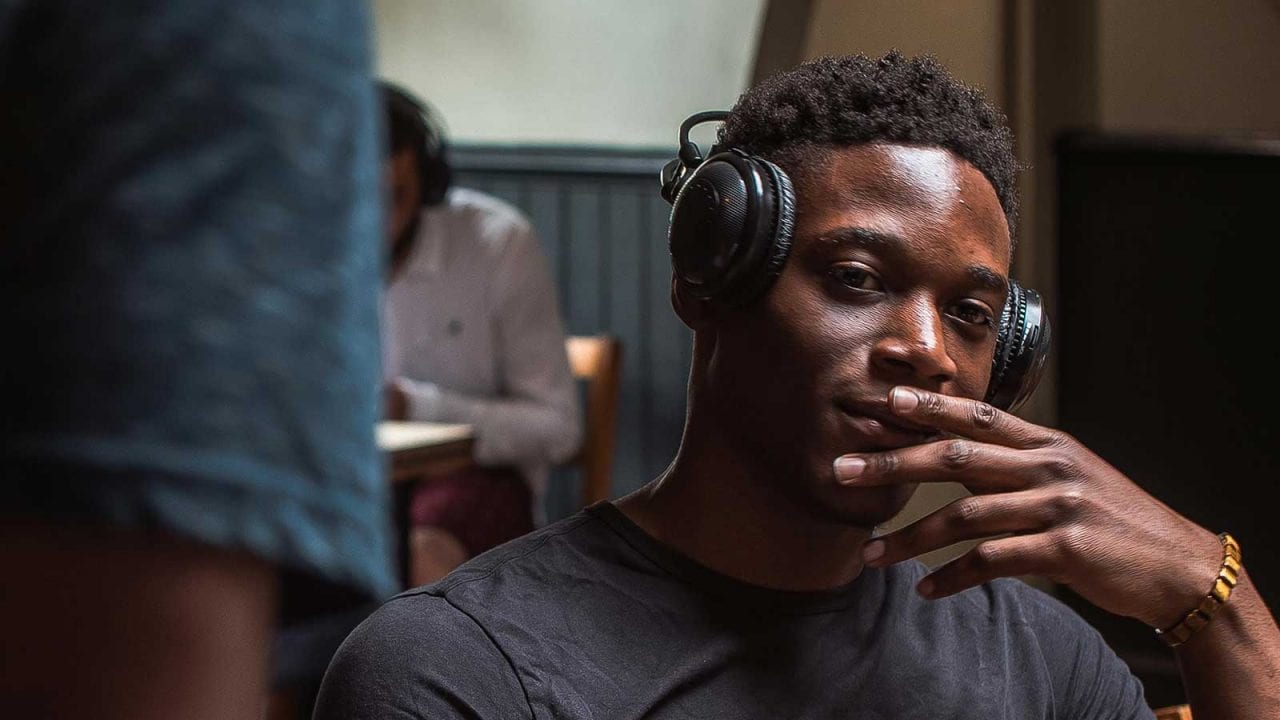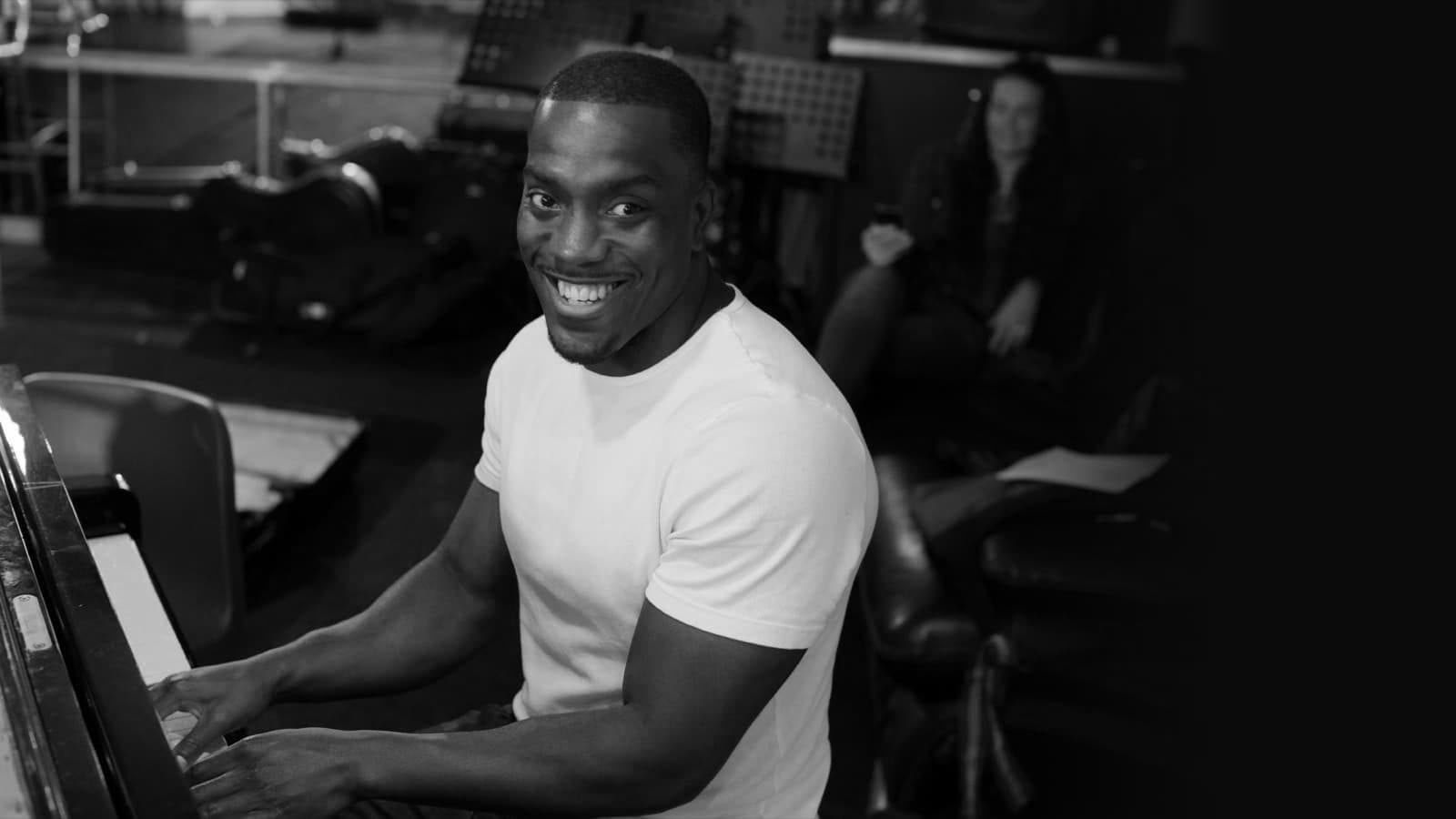Our Impact
Our interventions inspire and empower participants, helping them believe in themselves while developing transferable skills and social capital. By breaking the cycle of offending, we shift the narrative and support lasting positive change.
Our evaluation data demonstrates that we help participants develop in these critical areas known to contribute to desistance from crime:
Wellbeing: Many people in the CJS have been failed by society and feel defined by their circumstances. We give participants the chance to shine at something, and feel better about themselves.
Skills: Our courses develop many transferable skills and participants have the chance to gain a Prince’s Trust qualification in Personal Development and Employability Skills.
Relationships: The challenge of creating an album of music means participants have to work as a team, communicate effectively and respect each other’s contribution. The shared sense of purpose develops the emotional maturity needed for positive relationships.
In Numbers
Over 150 projects including working in over 30 prisons across the UK
Produced 100 albums of original music available on Bandcamp and Spotify
Engaged over 1100 participants, empowering over 450 to gain a recognised qualification in Employment and Personal Development
Participant outcomes
Wellbeing
98% of our participants report feeling more positive after completing our course
100% of our delivery partners saw a visible improvement in the overall wellbeing of participants
Skills
89% of our participants report gaining skills that will help them in the future
81% of our participants report aspiration to take part in future purposeful activity (studying, hobbies, working) after the course
Relationships
97% of our participants reported that the course helped them to build positive connections with others (e.g. other group members, musicians, staff)
85% of our participants reported that the course helped them feel more confident in their relationships in general

It was particularly nice to observe the learners being encouraged to take ownership of their compositions, having their opinions and wishes prioritised whilst communicating amongst themselves. This was connected to employability in a very effective way and the learners have told me that their confidence and optimism has improved during the time they have spent with Finding Rhythms.
Staff member, HMP Cardiff
Award Success
Finding Rhythms has won over 100 Koestler Awards for tracks created within a prison setting.
Youth Music said the following about our work:
“Finding Rhythms have an excellent track record in supporting young people who face significant barriers in their lives to make meaningful musical, personal and social progress. Colleagues who have attended sessions led by Finding Rhythms have commented on how impressed they have been by the skill and professionalism shown by their facilitators.”
External evaluations
We have worked with renowned institutions to measure the impact of our project, including the University of Edge Hill and the University of Sussex.
Independent evaluation of Making Waves, 2025
Dr Dean Wilkinson, psychologist and senior lecturer at Edge Hill University, evaluates our Making Waves programme.
RSA evaluation on music in prisons
James Crabbe FRSA talks about Finding Rhythms and the importance of music education in prisons.
The University of Sussex Research, 2019
In 2019, Arabella Kyprianides, and Matthew J. Easterbrook published “Finding rhythms made me find my rhythm in prison”: the role of a music program in promoting social engagement and psychological well-being among inmates.
The study evaluated our work in UK prisons.
Results across two studies indicate that Finding Rhythms group activities and the development of a shared Finding Rhythms identity lead to a positive well-being outcome. Furthermore, Finding Rhythms involvement dissolves rivalries between prisoners and provides them with a sense of purpose that extends into prison life and beyond. We provide evidence for the social cure properties of the Finding Rhythms group and the music program that promotes social engagement and psychological well-being among inmates.
Arabella Kypriandies, Department of Security and Crime Science, UCL
